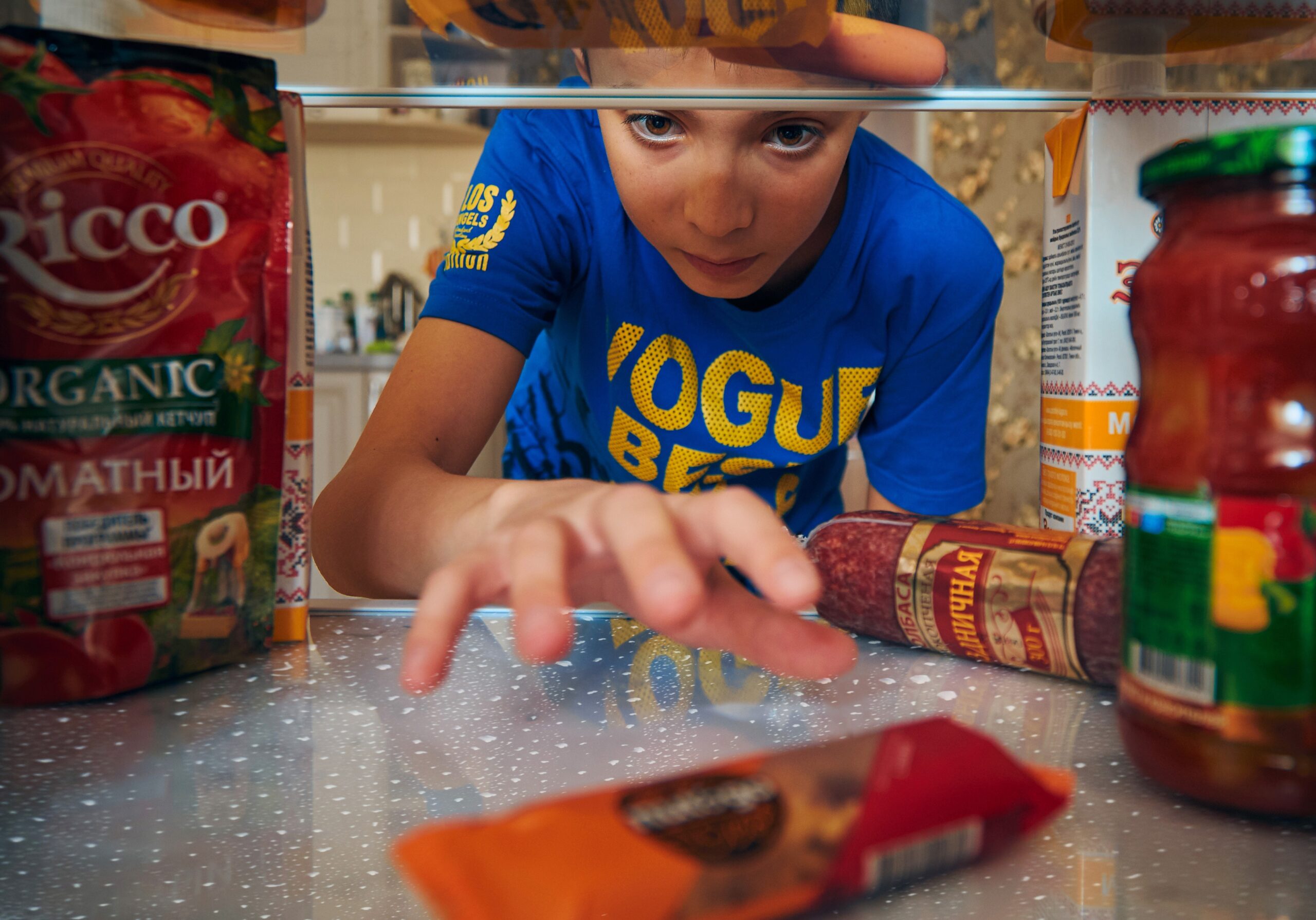As discussed in a previous blog, one of the components of executive functioning essential for education is impulse control: being able to think before acting. The ability to delay gratification is critical to self-regulation, or self-control. The ability to control one’s impulses relates to people’s ability to work hard to and achieve their life goals.
In the 1960-70’s Stanford researchers conducted the “marshmallow test.” Children were placed in a room with some tasty snack, such as a marshmallow or cookie, and told that if they could wait for a short while before eating, then they would get an extra snack as a reward. Tested years later, those 4 year olds who succeeded in delaying gratification proved to be more successful in school and achieve higher SAT scores than their peers who had less self-control. A more recent (2018) study supported these initial findings.
Impulse control is a key component to success in many life tasks. “Children as young as 3 start to develop appropriate ways to control their impulses.” Teaching young children impulse control can yield life-long results. Parents can teach preschool children to delay gratification when they “create an environment where self-control is consistently rewarded. When this happens children develop a sense of trust. They can also model self-control and teach children to use distractors.”
A small study with impulsive preschoolers in the 1980’s consisted of gradually increasing the durations of the reward interval over many sessions. It yielded positive results, as several of the children were able to extend their delay period. A recent and more comprehensive study involved kindergarten students. After listening to a story centered upon a character successfully facing delayed gratification, the students were able to extend their own time for gratification. The study’s authors concluded: “This approach provides a promising direction for efforts to foster self-regulation early in development.”
Furthermore, include play, which can be an important element in training impulse control and self-regulation. “Classic playground games like Simon Says; Thumbs Up, 7 Up; or Red Light, Green Light help children learn skills such as how to take turns, plan their next move, and become aware of and control impulses.” Because of its importance to life-long success, parents and teachers should place more focus on teaching this vital component of executive functioning.


